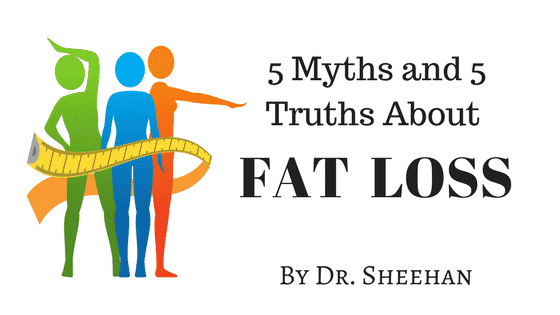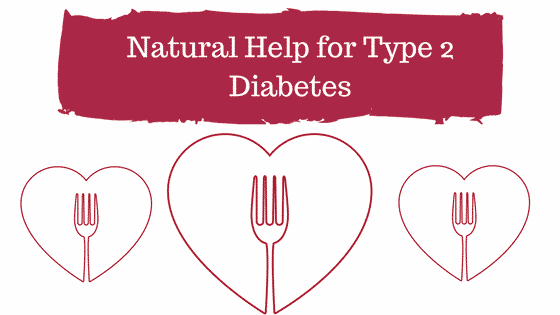November 25, 2019
I hear a lot about “food allergies” but how do I know if I have them? How about this for a short answer, what if you just stopped eating something and you recorded if you felt better? Honestly, that is the gold standard of food sensitivities. Let’s not call them food allergies, because when most people are referring to food allergies what they are really talking about are food sensitivities. Food allergies are the nut allergies and true celiac cases that we hear about in the news all the time. These food allergies can kill you. Food sensitivities will just sabotage your body’s ability to heal by weakening the Immune system, digestive system, hormonal system, and interfere with nutrient absorption. So, let’s look at 3 ways to figure out if you have food sensitivities and the pros and cons of each.
1. Blood Test
Pros: People love to see things in black-and-white on a blood test.
Cons: Blood testing can be expensive, you have to be eating the food that you test for at the time of testing, and in my experience, it does not match with the gold standard of a food elimination diet. It looks like there are a lot of false negatives with this test, which is potentially disastrous to one’s health.
We use Cyrex blood testing to determine what peoples’ food sensitivities are, specifically wheat and it’s associated proteins. That being said, on all the people that I’ve run this test on, who say they do much better cutting out wheat, we often do not see a positive wheat finding on the Cyrex test. That’s why I don’t put blood testing for food sensitivities ahead of what is considered the gold standard, food elimination diets, which we will get to in a second. I believe the most important time to use Cyrex testing is when someone absolutely will not change their diet and need to see in black-and-white what their diet is doing to them.
2. Muscle Testing
Pros: cheap, quick, effective, you can test a lot of things in a short period of time.
Cons: some people do not like muscle testing, and insist on blood testing. You have to be eating the food that you are sensitive to when you are being tested. Sometimes multiple food sensitivities show up. You may not really be sensitive to all these foods, but instead, your digestive system needs support. Plus, you have to have a very experienced muscle tester to do this correctly—there are not many of them around.
Having practiced Nutrition Response Testing and many other muscle testing techniques over the years, muscle testing is my go-to for evaluating food sensitivities. It’s quick, easy, and shows a person immediately what they are sensitive to. Also, I’ve had multiple people ask me to boil down one or two foods that they really need to eliminate, and muscle testing will show this within seconds. It gives people exactly what they want, quickly, and people love it because of this. Like I pointed out before however, some people do not like muscle testing, and therefore, this is not the right technique for them. Food elimination diets will work a lot better, but…..
3. Food Elimination Diet
Pros: This is the gold standard. If someone follows this faithfully for one month, there will be no denying the changes they see. Very cheap, it’s free!
Cons: It takes time. It requires dedication on the part of the patient. Not as black-and-white as muscle testing, or blood testing. It requires work and dedication—many people find this difficult.
Food elimination diets are the gold standard of food sensitivity testing. There are multiple approaches that you can use. We typically use the Paleo reset, the autoimmune Paleo diet (AIP), or the Page Diet. The key to these diets is that you must follow these strictly for at least one month! No cheating! If you are sensitive to a food, you may respond negatively to it for up to three weeks after you ingest it! Therefore, giving any of these diets for at least a month is a must! Almost all my patients who practice one of these diets for a month never go back to the Standard American Diet.
There you go, the 3 ways to figure out if you have food sensitivities. In our office, we commonly put together steps two and three to expedite the process. We don’t do as much blood testing for food sensitivities because of the cost, and I feel they are the least accurate.
For those who would like a personalized approach, or who are dealing with a specific problem that requires a closer look, consider our Nutrition Response Testing or Functional Medicine Programs.
Yours in health,
Dr. Sheehan
Related Articles

5 Things You Can Do to Improve (or in most cases, reverse!) Diabetes
If you’ve been diagnosed with diabetes, you might be wondering what you can do to help it. Personally, in our office, when we have put a patient with Type II diabetes on a personalized diet and supplementation program, we’ve seen people dramatically reduce their...
I hate vegetables. Help!
What do I do if I hate vegetables? I know I have to eat them for better health, but they don’t taste that great, and boring! Listen, I know what it’s like to know that I need to eat more veggies, but I don’t have the time to cook them, or even eat them in the...

Types of Carbohydrates (from a blood sugar point of view)
When people come in to my office, and we start talking about diet, and we start talking about carbs, they invariably say “are all carbs bad for you?” This is a difficult question to answer, because it’s not about bad or good, it’s about what carbs your body need and...

11 Ways to Lower Insulin
So by now you’ve probably watched a number of my videos, and/or read my articles, and know that we mainly focus on cutting down refined carbohydrates and sugars in the diet, to cut down the body’s secretion of insulin, to help return your health. You know high...

Fat Loss Myths
With so many people trying to lose weight these days, it’s no surprise that there’s a lot of information (and much more disinformation about the subject). Here’s five myths, and five truths I hear spouted over and over again by people who don’t understand physiology...

Dr. Sheehan’s Natural Help for Type 2 Diabetes
Do you, or a loved one either have Type 2 diabetes, or what is called Pre-Diabetes, aka Syndrome X? I have a lot of patients coming in with these two disorders, so before I talk about it, I decided to look into exactly what the American Diabetes Association is saying...

Why I Love the Paleo Diet
https://youtu.be/7Pa7A4nEqeQ A Brief Note on Diet, or Why I love the Paleo Diet I love the Paleo diet, but for different reasons than why most people.. Most people state that the Paleo Diet is the diet that we ate up until around 10000 years ago, which is probably...
The 10 Commandments of Chiropractic and Nutrition
Do you ever notice how sometimes your chiropractic adjustments just don’t “hold” as well as other ones? You get adjusted, and feel better for a day, or a few hours, but the pain comes back? If this sounds like you, then listen up to the Top 10 Chiropractic Nutrition...

Feeling Stopped Up?
Most people know that regular bowel function is imperative for proper detoxification of the body and disease prevention. Sometimes, though, we forget the little things that help with constipation. Here they are: Are you drinking enough water? People need about half...

Fixing Lyme Disease
So how exactly did I go about fixing my Lyme Disease? Well, first, let me recap on 5 crucial steps to fixing Lyme Disease: I admitted that I had Lyme disease. I became 100% determined to beat Lyme disease, mostly by myself, with help from my teachers. I promised...

